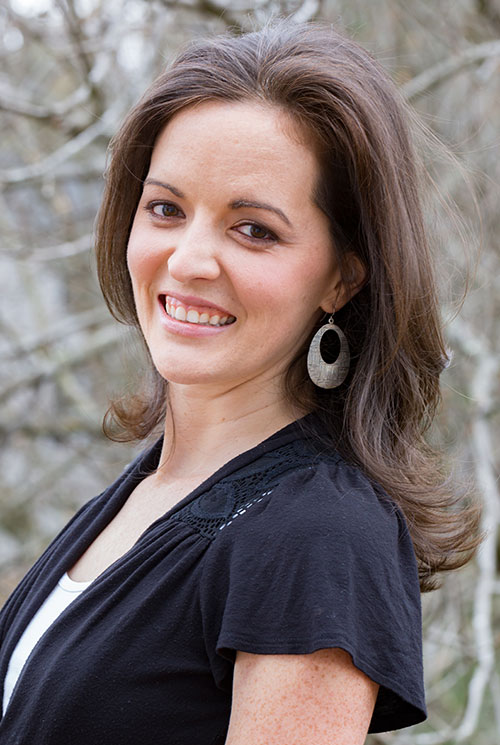
A teenage girl approached me at an event where I was speaking about my experiences with sexting and pornography. She handed me a sticky note. On the front of the note it said,
“I sent nudes to my boyfriend. Then he broke up with me. To get back at him, I sent them to his two best friends.”
On the back of the note she had written four words,
“I FEEL SO LOST.”

Have you ever thought to yourself something like the following?
If others really knew what I’ve done, and what I am, they wouldn’t love me.
This is the core message of shame: people cannot love the real you.
You live in a world shaped by shame, whether it’s the expectations of your family and the peer pressure of your social groups, or the filters on the social media you use to share photos.
Have you ever felt you needed to be someone or something other than who you really are in order to be accepted?
That’s just shame by another name.
You go to great efforts to hide your flaws and failures. You’re not alone.
You want to be known, but you’re afraid of being known for who you truly are. You’re not alone.
You put up walls to keep people from knowing who you really are. You’re not alone.
Shame is fundamentally a crisis of identity. People believe, at their core that they are unworthy of love and incapable of good.
When it comes to shame caused by our sexual struggles, a lot of it has to do with the ways we are taught about sex. Here’s the thing:
Healthy sexuality cannot be rooted in shame. It’s not possible.
Healthy sexuality is rooted in intimacy which requires a sense of safety. Intimacy is to know and trust another person deeply. Shame is exactly the opposite. Shame and intimacy cannot co-exist.
To experience a full, vibrant and healthy sexuality, you have to wage war on shame.
When you struggle or make bad choices, shame says, “hide”. Shame says, “protect yourself, pretend.”
This is how it’s been since humans started struggling. In the Garden of Eden, when Adam and Eve disobeyed God’s instruction, their immediate response was shame. They literally hid from God. Humans have been doing likewise ever since, especially when it comes to sexuality.
Sexual shame enters our lives in many ways. Sometimes it’s because of choices we’ve made, but it also can be caused by the actions of others.
Did you grow up in a family where sex was talked about as something dirty or dangerous? Was it talked about at all? If not, that silence taught you that sex was too taboo or shameful to discuss.
Maybe you’ve experienced sexual abuse. As a result of someone else’s shameful actions you may be left wondering if you can ever be truly loved because you’re damaged goods.
Healthy sexuality relationships require authentic intimacy. Otherwise, sex is just an empty physical act, designed to pursue temporary pleasure or a false sense of security.
Sometimes people try to just erase their shame by removing themselves from church, family and other places that remind them of their negative feelings.
Shame by its nature is already isolating. You cannot overcome shame by isolating yourself.
Shame is overcome by honest relationship with others.
If you struggle with shame rooted in your own sexual choices or the actions of others, the first step toward healing is being honest. Tell someone. That can be a terrifying prospect so it’s vital to seek out a safe person to tell.
A sense of safety is non-negotiable for people to be real with each other. Is your chosen community made up of safe people? Do they trust each other with the real stuff? If they do, you can be confident of trusting them too.
Shame is overcome by being honest about your pain and the specifics of your struggles. Don’t try to go through this alone.

Jessica Harris an international speaker, blogger and author of Beggar’s Daughter and Love Done Right: Reflections. To discover more resources for women struggling with sexual sin, visit Jessica’s website: www.beggarsdaughter.com.
How Could You Love Me if You Really Knew Me?
How To Enjoy Sex the Way God Designed
Warning - Porn and Masturbation Are Not Safe Sex
What Do I Do With My Craving For Sex?
Do I Really Need to Tell Somebody?
Who’s The Last Person You Want to Forgive?
So What Is Triggering Your Sexual Desire?
©1972-2025 Cru Singapore. All Rights Reserved.